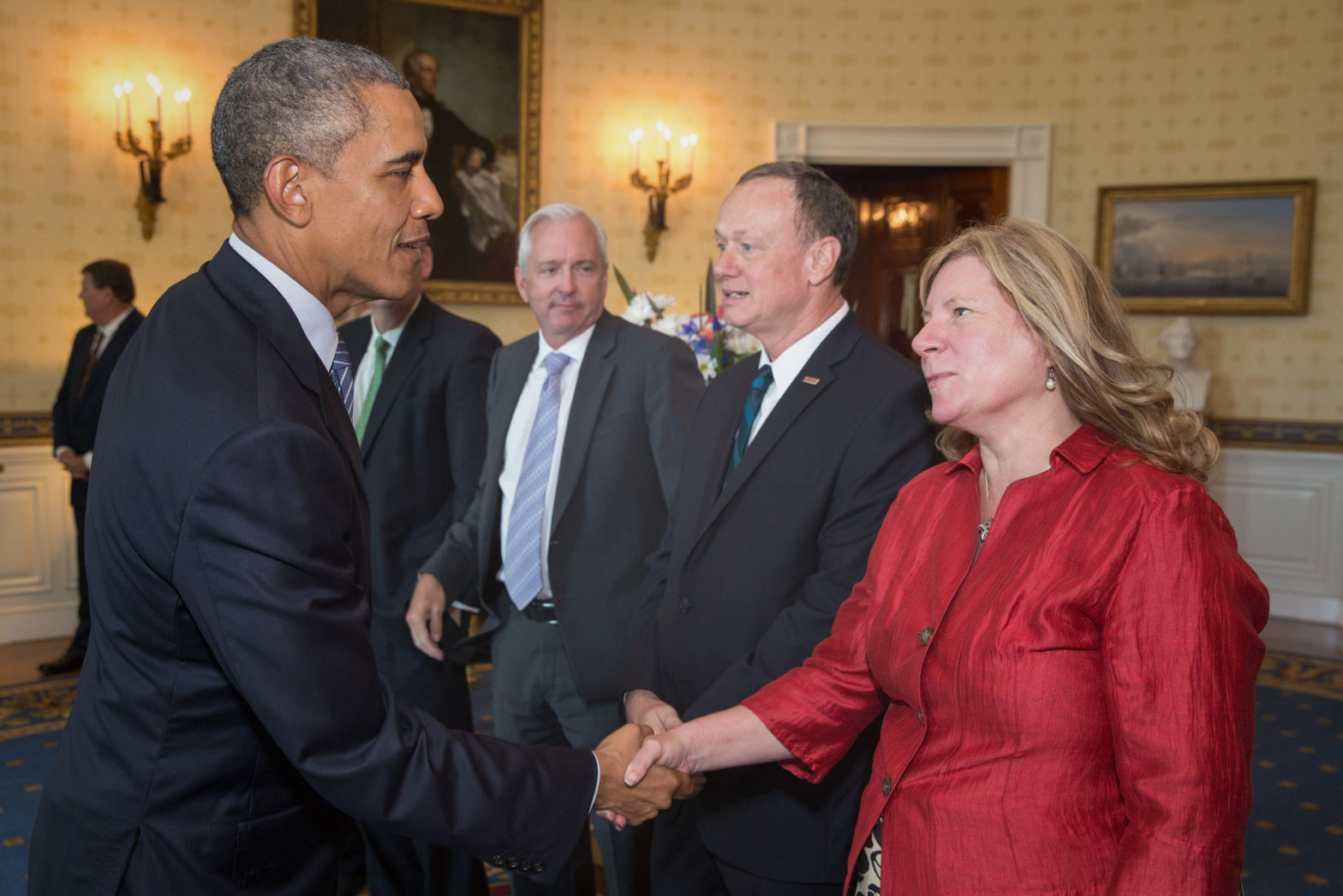Today, Minnesota Power based in Duluth announced their decision to retire two older coal-burning power plants, Boswell 1 and 2 in Cohasset, MN, near Grand Rapids, by the end of 2018. Fresh Energy and our clean energy partners advocated that these units appear to be no longer economic to run, with cleaner energy available and cheaper. Regulators at the Minnesota Public Utilities Commission (PUC) on June 9, 2016 evaluated the economics of running these older units with needed additional pollution controls, compared to other cleaner, cheaper options for meeting energy needs, and the PUC agreed with us.
Recent News
How the historic decision to transform Xcel Energy’s electricity was made
Working directly with Xcel and with our “Clean Energy Organizations”, or CEO, partnership, Fresh Energy used for the first time in Minnesota the same utility inputs and modeling Xcel uses. We analyzed options for closing the Sherco 1 and 2 coal plants and replacing them with vast amounts of cost-effective energy efficiency, wind, and solar power. Our independent analysis demonstrated that Xcel’s cheapest course of action—and the lowest in carbon—was the retirement and replacement of these two units, which are the biggest sources of global warming pollution in the Upper Midwest. Xcel agreed with our analysis, and completely revised its 15-year plan to reflect those economic opportunities. Fresh Energy applauds the unanimous Minnesota Public Utilities Commission decision to modify and approve Xcel’s 15-year Resource Plan as the affordable, reliable, and clean path forward for Minnesota customers.
Minnesota Public Utilities Commission unanimously approves Xcel’s 15-year plan
Today, the Public Utilities Commission held its final hearing and unanimously approved with modifications Xcel Energy’s 15-year energy plan (Integrated Resource Plan). After two years of rigorous study, Xcel Energy proposed a Midwest-leading energy plan for the next 15 years – doubling the amount of wind and solar on its system and taking significant strides to reduce coal with the retiring of Sherco units 1 and 2 in the mid-2020s. Xcel’s proposed energy plan saw broad support from customers, including over 10,000 Minnesotans; cities of Becker, Red Wing, and Minneapolis; Sherburne County; clean energy organizations, and the St. Paul Area Chamber of Commerce.
Building energy footprints trending down
This week Minnesota Public Radio released a report describing how real estate company Madison Equities is overhauling three of their large downtown St. Paul buildings. The most visible upgrade will be the replacing the neon lighting on the iconic First National Bank Building with LED lighting. This is part of a comprehensive $12.5 million retrofit project resulting in a 40 percent reduction in energy use between the three properties. And while the end result of this project will mean big savings, it actually started with a small decision – to benchmark how much energy the buildings were using in the first place.
J. Drake Hamilton recognized as top climate leader
Fresh Energy’s science policy director, J. Drake Hamilton, was recently recognized as one of the Top 10 Climate Leaders of 2015-2016 by the Climate Reality Project. J.’s actions on climate leadership led her to receiving the #6 award out of nearly 11,000 global leaders. At Fresh Energy, J. continues to inspire and encourage diverse audiences to support climate and energy policies that combat the threat of global warming and create a clean energy future. If you would like J. to speak at your event, please contact her at 651-726-7562 or Hamilton@fresh-energy.org.
May 10 | Positively Electric: Embracing clean electricity to power more of our economy
With Minnesota’s electricity mix becoming cleaner and less expensive – and oil and gas becoming dirtier, riskier and more costly – is it time to transition to a more electric economy? Fresh Energy thinks the answer is a resounding yes. We think it’s time to start putting electricity from the wind, the sun, and other local clean power sources into more of Minnesota’s economy.






